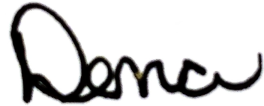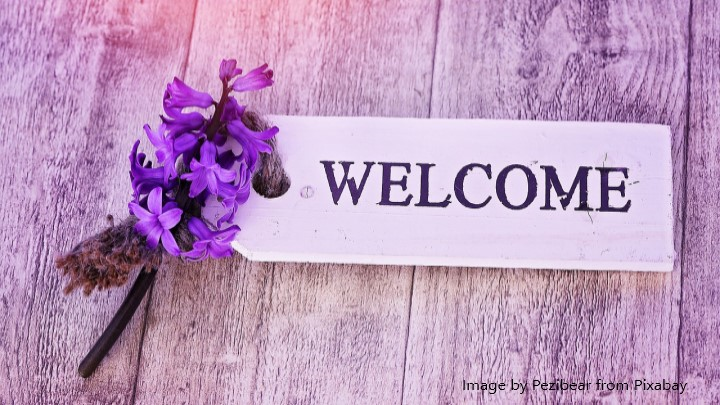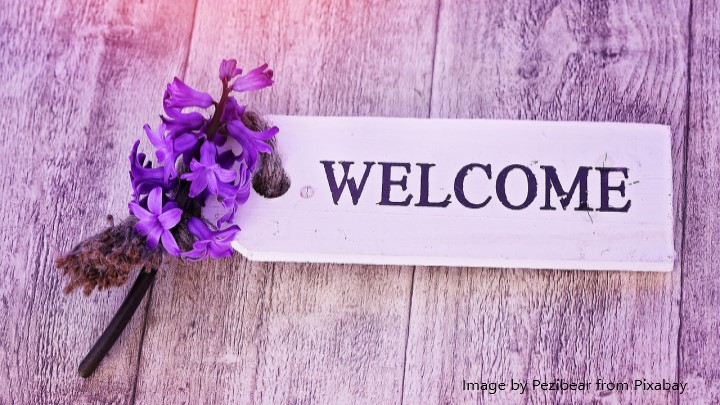Jesus talks of love for our enemies in this week’s lectionary gospel text, Luke 6:27-38.
When reading and hearing those words, our thoughts gravitate toward those whom we judge difficult to
love, or because of the most egregious of crimes, unworthy of our love effort.
We wrestle with this command every time we hear it, only to come to the place of accepting that this kind of loving must be birthed out of a divine grace far beyond our best efforts, willpower, or desire. The focus always on our loving the enemy other.
In the last newsletter, I wrote about asking questions and wondering what question
God longed for us to ask? So I found myself wondering…
what if when hearing this scripture and considering as the target of Christ’s command those I so easily deem as “enemies”, I considered instead how through my actions and inactions I might be an enemy to another?
As a result of doing my own anti-racism work, this led me to the more pointed question of,
have I been, and in what ways have I been, an enemy
to my siblings of color?
This question was sparked by the Tuesday Feb. 15th devotion in the
Upper Room Disciplines by Kathy Kahng based on the Genesis 45 lectionary text.
The text covers Joseph’s encounter with his brothers in Egypt. Kahng writes:
Joseph used the power he gained in Egypt to save his family, but in the process he also consolidated power for Pharaoh. This man who was himself once enslaved contributes to a system that enslaves and uses enslaved labor to enrich the powerful.
The story makes me consider how my sense of justice sometimes becomes too narrow, too limited to the people and places I hold nearest and dearest.
This caused me to consider how I contribute to our shared but not equitable systems and the narrowness of my own sense of justice.
The definition of enemy is:
“a person who is actively opposed or hostile to someone or something”
and
“a thing that harms or weakens something else” (Oxford Languages)
On the surface, I would not view myself as “actively opposed” or “hostile” or one who “harms” or seeks to “weaken” the lives of others.
Yet… if I consider how I live within and benefit from a system
that is not fully open to my siblings of color in all the ways that it is open to me,
then I do become the enemy if I don’t seek change.
I become the enemy in subtle ways, in accepted ways, as I care a little but not enough to change myself or the system within which I live and move so freely.
The reality is that many Christians and churches say and believe that they love everyone and welcome everyone, yet, when the question arises of accepting a pastor of color, that love and welcome suddenly find their limits.
There is opposition and sometimes even hostility… and so, the enemy, by definition, is revealed.
That is the reality of the system, our system, within which you and I live.
We who are not the minority are nice, we are welcoming, we are loving… up to a point.
And it is at that point of being unwilling to change and expand and question ourselves
that we inflict harm.
Consider these thoughts from Rev. Dr. Jacqui Lewis, (Richard Rohr’s 2/7 Center for Action):
…we are in a perilous time, and the answer to the question “Who are we to be?”
will have implications for generations to come.
We have a choice to make. We can answer this question with diminished imagination, by closing ranks with our tribe and hiding from our human responsibility to heal the world.
Or we can answer the question of who we are to be another way:
We can answer it in the spirit of ubuntu.
The concept comes from the Zulu phrase Umuntu ngumuntu ngabantu, which literally means that a person is a person through other people.
Another translation is, “I am who I am because we are who we are.”. . . With this in mind, who I will be is deeply related to who you are.
In other words, we are each impacted by the circumstances that impact those around us.
What hurts you hurts me. What heals you heals me. What causes you joy causes me to rejoice, and what makes you sad also causes me to weep.
Brothers and sisters, we who share in our United Methodist connection and our human connection, we are not separate even though often times we live as if we are.
And because we are inextricably connected,
if I am not seeking the same best for others that I seek for myself,
then I am not only their enemy, I am my own enemy.
As Paul reminds in 1 Corinthians 12:27
Now you are the body of Christ, and each one of you is a part of it.
We are inextricably connected, so for the sake of the health of the body,
for the desire to do no harm,
for the obedience to Christ to love one another,
let us ask and sit with the question:
have I been, and in what ways have I been, an enemy to the brothers and sisters
I profess to love?
And as we ponder, let us also ask:
What can I do to ensure the welcome of pastors of color as the appointed pastor
to any and every church in the NCCUMC?
Let us ask with a willingness to receive and be changed by
the transforming grace of God’s answer.
With grace and gratitude,  Dena
Dena
If you would like to view past editions of Grace for the Journey, follow this link: https://fairwaydistrictnc.org/category/from-the-ds/


